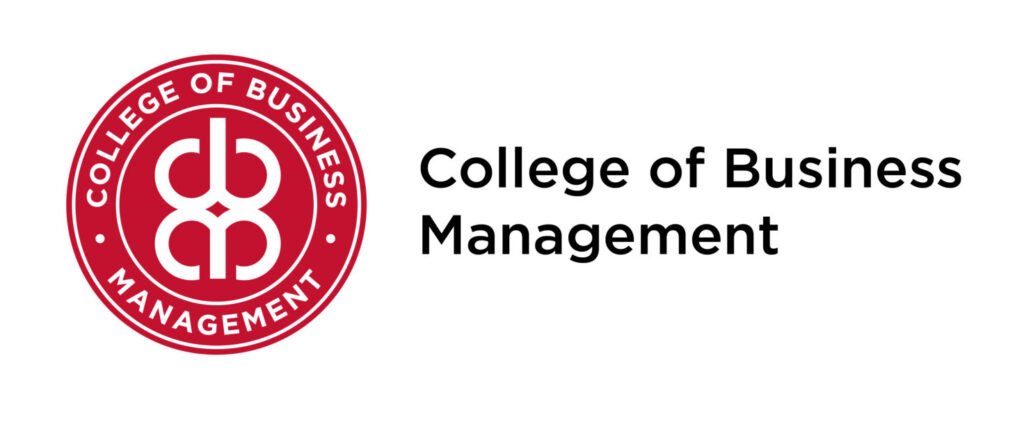Memon, F. S., Abdullah, F. B., Iqbal, R., Husain, I., & Memon, S. (2025, March). The intersection of rurality and climate resilience: Insights from women in rural Pakistan. Women’s Studies International Forum, 109, 103064. Pergamon. (IF: 1.5)
Memon, F. S., & Abdullah, F. B. (2024). Leveraging case studies in business education: A qualitative study of pedagogical practices in Pakistani business schools. In Utilizing case studies in business education (pp. 11–30). IGI Global.
Abdullah, F. B., Iqbal, R., Jawaid, M., & Ahmad, S. (2024). Addressing unaccounted-for-gas (UFG): Proactive techniques for optimal management and control. Energy Strategy Reviews, 53, 101397. (IF: 7.9)
Abdullah, F. B., Aqeeq, M. A., Iqbal, R., Abdullah, M., & Memon, F. S. (2024). Enhancing electricity distribution efficiency in Pakistan: A framework for progress and action. Utilities Policy, 88, 101746. (IF: 3.9)
Abdullah, F. B., Iqbal, R., Memon, F. S., Ahmad, S., & El-Affendi, M. A. (2023). Advancing sustainability in the power distribution industry: An integrated framework analysis. Sustainability, 15(10), 8149. (IF: 3.9)
Aqeeq, M. A., Tahir, M. A., Haider, W. A., Aqeeq, F., & Abdullah, F. B. (2023). Energy transition for sustainable economic development in developing countries (DCs)—The case of utility-scale solar (USS) investments in Pakistan. Energy Economics, 122, 106696. (IF: 12.8)
Memon, F. S., Abdullah, F. B., Iqbal, R., Ahmad, S., Hussain, I., & Abdullah, M. (2022). Addressing women’s climate change awareness in Sindh, Pakistan: An empirical study of rural and urban women. Climate and Development, 1–13. (IF: 4.5)
Abdullah, F. B., Iqbal, R., Ahmad, S., El-Affendi, M. A., & Kumar, P. (2022). Optimization of multidimensional energy security: An index-based assessment. Energies, 15(11), 3929. (IF: 3.1)
Abdullah, F. B., Iqbal, R., Ahmad, S., El-Affendi, M. A., & Abdullah, M. (2022). An empirical analysis of sustainable energy security for energy policy recommendations. Sustainability, 14(10), 1–28. (IF: 3.2)
Abdullah, F. B., Iqbal, R., Jawaid, M., Memon, I., Mughal, S., Memon, F. S., & Rizvi, S. S. A. (2021). Energy security index of Pakistan (ESIOP). Energy Strategy Reviews, 38, 100710. (IF: 6.4)
Abdullah, F. B., Iqbal, R., Hyder, S. I., & Jawaid, M. (2020). Energy security indicators for Pakistan: An integrated approach. Renewable and Sustainable Energy Reviews, 133, 110122. (IF: 12.1)
Abdullah, F. B., Hyder, S. I., & Iqbal, R. (2020). A model for strategizing energy security dimensions and indicators selection for Pakistan. International Journal of Renewable Energy Research (IJRER), 10(2), 558–569. (X-Category)

